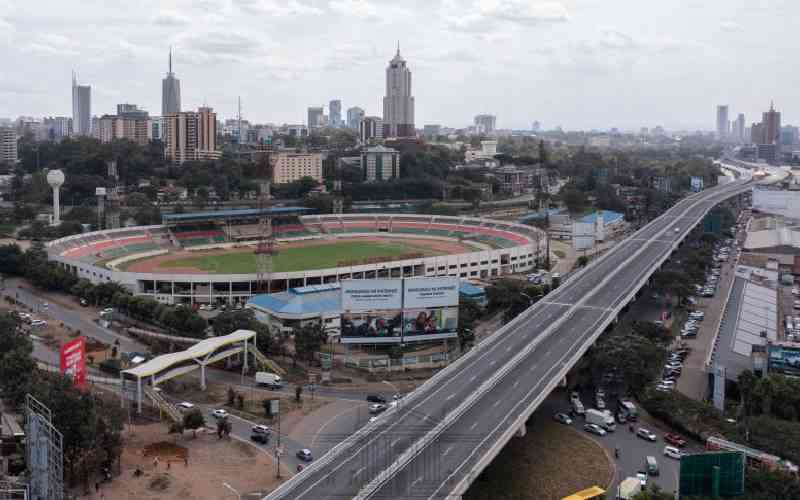
Nearly 10 years ago, President Uhuru Kenyatta and his deputy William Ruto were on the cusp of becoming the most powerful men in the country. This was in spite of indictments on crimes against humanity at the International Criminal Court at The Hague.
The two pulled all stops to convince Kenyans that whereas the allegations they faced stemmed out of the disputed presidential results of the 2007 election, they were fit to lead the country. They promised sweeping transformation in seven key sectors: Leadership, security, water and electricity, social justice, empowerment of youth, food security and health.